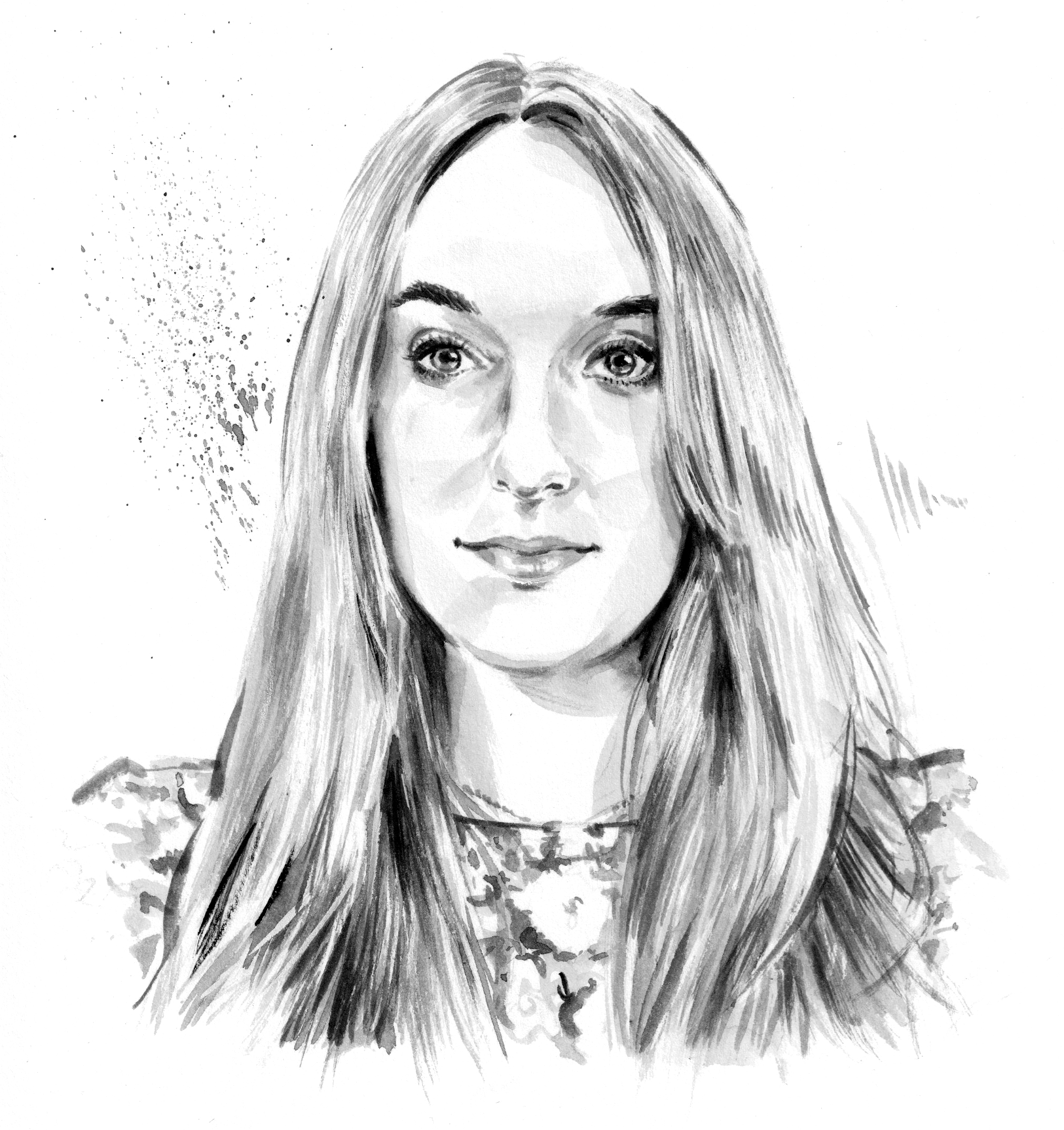This week, my husband and I learned how to fill in a crack in the wall.
I say “we”, but really I mean “he”, as it’s mostly been him doing the grunt work, while I stand behind and offer ill-informed tips from afar.
The fact is, though, we are equally clueless when it comes to DIY, so owning our first home together has been a real shock.
“Why don’t they teach you this stuff in school?” I found myself saying, as we trawled through yet more YouTube tutorials before risking starting in with our newly purchased filler.
As a former teacher, I know better than to ask such a question; failure to prepare young people for the realities of adult life is a complaint that too often gets unfairly levelled at schools. From getting students workplace-ready and teaching them how to stay on top of their bills to equipping them with the coping strategies that will allow them to manage their mental health, schools are already expected to do it all - and to do it within an accountability system that continues to prioritise exam results above just about anything else.
I was reminded of this when I was reading the findings of The Times Education Commission this week. The year-long commission took evidence from more than 600 experts from fields including business, the arts and education and made a series of recommendations, the main one being a British Baccalaureate, offering broader academic and vocational qualifications in place of A levels, and a slimmed-down set of exams to replace GCSEs.
The final report, children’s commissioner Dame Rachel de Souza has said, is “brimming with good ideas”.
She is right about that. The suggestion of an “electives premium” would allocate funding to all schools to be spent on activities such as drama, music, dance and sport, while the proposed introduction of a “National Citizen Experience” would give all students the chance to take part in volunteering and outdoor pursuits, representing a welcome move towards prioritising a more well-rounded approach to education.
Indeed, for those who see school as being about more than just exam grades, there is plenty to be excited by.
And yet, putting myself in the shoes of a teacher coming to the end of the final term of a long and bumpy school year, excitement was not the feeling that came to mind as I read through the commission’s recommendations: what I felt was tired.
Overfilled plates
The problem with so much of the education policy that has come across my desk since I started working as a journalist is that it either seems to be intent on ripping up everything that was already in place and starting again from scratch, or on simply adding more to teachers’ already overfilled plates.
I am not sure that either model is helpful - or that every change needs to be revolutionary. Would the introduction of a British Baccalaureate when I was still in school have made me more capable of fixing up my house? I’m not so sure.
When it comes to addressing what we see as the “failings” of our education system, are we in danger of thinking too big, when a smaller tweak might be all that is needed to make a difference to students and teachers?
For instance, in a Tes article this week, Christina Quaine reports on the findings of a recent pilot study, conducted by early years advocacy charity Kindred2 and the department of psychiatry at the University of Oxford.
The SEEN (Secondary Education around Early Neurodevelopment) programme aims to teach teenagers about toddler brain development in the hopes of “raising awareness about how crucial the first few years of life are in shaping the adults we become”.
The programme is relatively modest - it consists of a set of just three science lessons designed to teach key stage 3 students how to talk to, and nurture, young children. Yet the response has been impressive.
Following the lessons, 86 per cent of the students who took part could give a practical example of how to maximise a child’s development through daily activities or play; 33 per cent went home and talked to their family about what they had learned; and 100 per cent of the teachers involved felt that the lessons should be taught to other students of a similar age.
According to Louise Aukland, who headed up the study, the pilot saw such positive results largely because “every young person felt this was relevant to them now” - something that can’t be said for everything on the KS3 science curriculum.
Of course, all this is not to say that big, sweeping, blue-sky thinking has no place in education. But we need to make room for and appreciate the smaller ideas, too. Like filling a tiny crack in the wall, they can often make a huge difference.
Helen Amass is commissing editor at Tes





